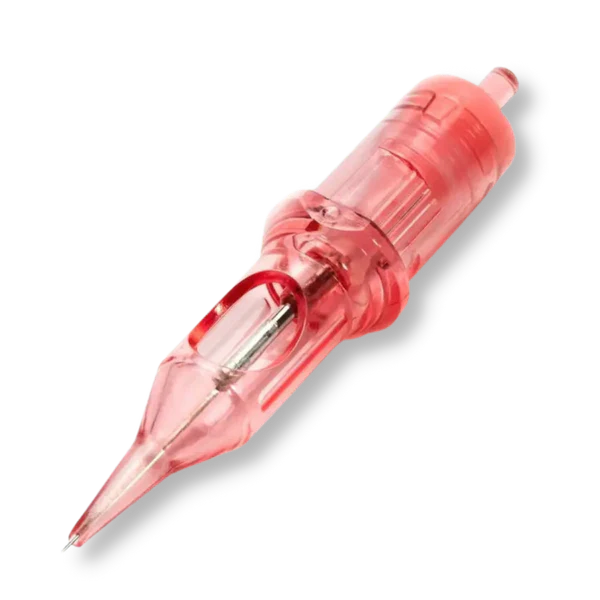The Evolution and Excellence of Tattoo Needles: A Comprehensive Guide
In the world of body art and permanent makeup, the quality of tools can significantly impact the outcome of the artwork. One of the most crucial tools in this field is the tattoo needle. As technology and techniques have evolved, so too have the standards and varieties of tattoo needles, ensuring artists can achieve the finest details and the most vibrant results.
The Historical Journey of Tattoo Needles
The history of tattoo needles dates back to ancient civilizations, where rudimentary tools were used to create body art. However, it wasn’t until the late 19th century that Samuel O’Reilly patented the first electric tattoo machine, revolutionizing the industry. This innovation paved the way for the modern tattoo needles we use today, characterized by their precision, variety, and reliability.
Types of Tattoo Needles
Understanding the different types of tattoo needles is essential for any professional artist. These needles are categorized based on their configuration and intended use:
- Round Liners (RL): Perfect for outlines, round liner needles are tightly grouped to create precise, clean lines.
- Round Shaders (RS): These needles are similar to round liners but are used for shading and filling in areas.
- Magnum Shaders (M1): Ideal for shading large areas, these needles are arranged in a straight line, offering smooth gradient effects.
- Curved Magnums (M1C): A variation of magnum shaders, these needles provide softer edges, making them suitable for blending.
- Flat Needles (F): Used for shading and color filling, flat needles are aligned in a straight row, delivering consistent coverage.
Importance of Quality in Tattoo Needles
The quality of tattoo needles directly affects the tattooing process and the final result. High-quality needles ensure minimal skin trauma, reduce the risk of infection, and provide consistent performance. For artists, using superior needles means achieving smoother lines, better color saturation, and overall more professional results.
Tattoo Needles in Permanent Makeup (PMU)
The application of tattoo needles extends beyond traditional tattoos to the realm of permanent makeup (pmu). In pmu, precision is paramount, and specialized needles are designed to cater to the delicate nature of facial skin. Whether it’s for microblading eyebrows, defining eyeliner, or adding color to lips, the right needles can make a significant difference in the outcome.

Choosing the Right Tattoo Needles
Selecting the appropriate tattoo needles involves considering several factors, including the type of tattoo, the area of application, and the artist’s technique. It’s crucial to use needles that are sterile, made from high-quality materials, and compatible with the tattoo machine. Many artists prefer disposable needles to ensure maximum hygiene and avoid cross-contamination.
Innovations in Tattoo Needles
Recent advancements in tattoo needles have focused on enhancing their performance and safety. Innovations such as single-use cartridges, enhanced tip designs, and precision manufacturing techniques have set new standards in the industry. These developments not only improve the tattooing experience for artists but also ensure better healing and satisfaction for clients.
Maintaining and Disposing of Tattoo Needles
Proper maintenance and disposal of tattoo needles are essential practices in any professional tattoo studio. Used needles should be disposed of in designated sharps containers to prevent injuries and contamination. Additionally, adhering to strict sterilization protocols ensures a safe environment for both the artist and the client.
Conclusion
In conclusion, the evolution of tattoo needles has been marked by significant advancements that enhance the art of tattooing and permanent makeup (pmu). From their historical origins to modern innovations, these tools play a crucial role in achieving artistic excellence and client satisfaction. By understanding the different types of needles and their applications, artists can make informed choices that elevate their craft and ensure the highest standards of quality and safety.
